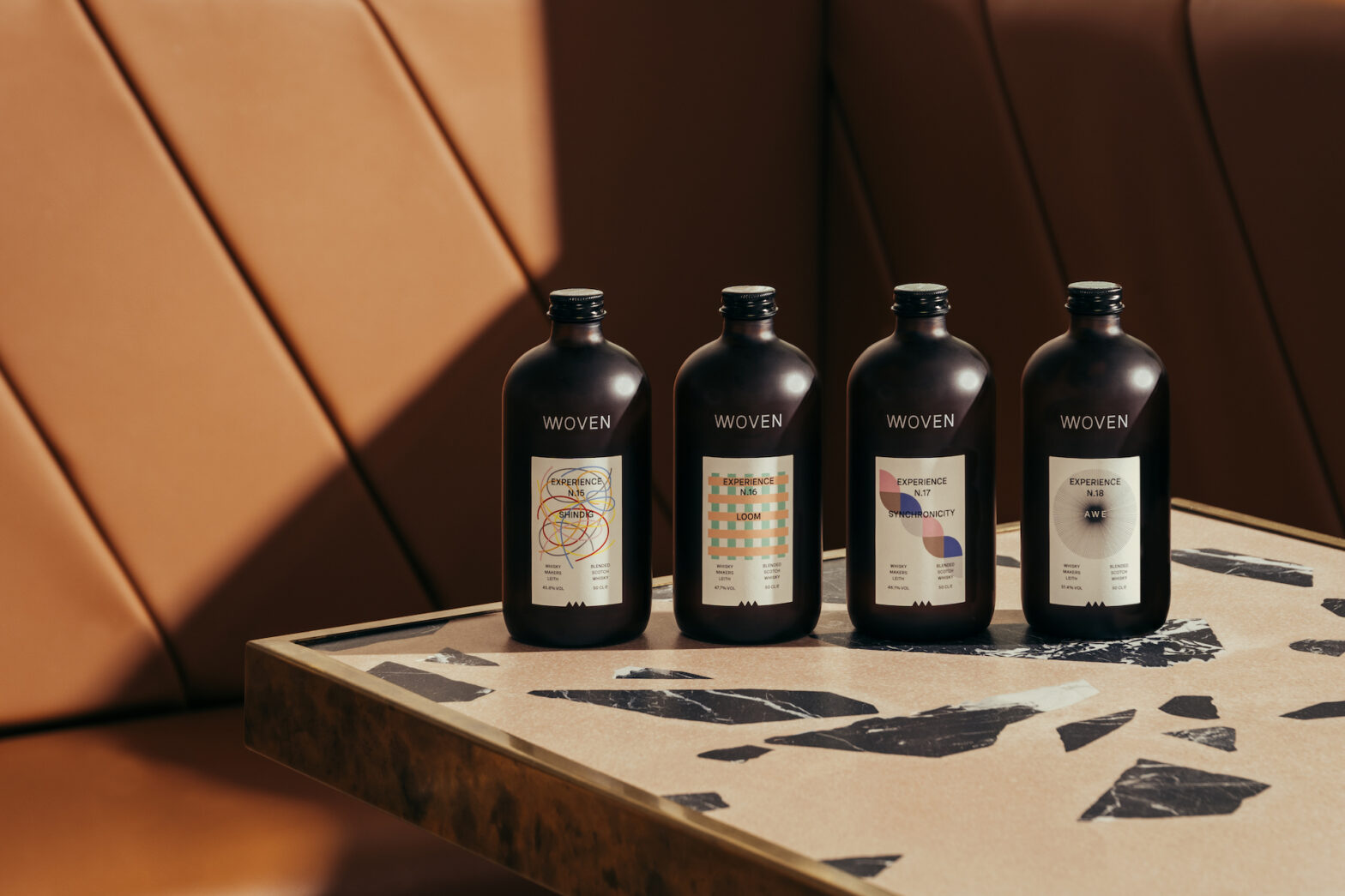The English psyche is perfectly at ease with words like “engineering” and “science”. However, mention “design” and immediately people sniff the air with suspicion and go on the defensive as if you’re promoting the virtues of Alpine nudism or Dadaist poetry.
Edward Naylor, the chief executive of Naylor Industries, a Barnsley-based drainage pipe business, admits to scepticism among his staff when he decided to go on the Designing Demand programme run by the Design Council two years ago.
‘Our head of marketing was, by her own admission, horrified when she heard she was going on the programme. I think the fear was that a bunch of spiky-haired people dressed in black were going to come in and tell us we were a bunch of numpties.’
They didn’t and the programme has seen this 119-year-old family business move forward in leaps and bounds. The designers got Naylor and his team to look at how they perceived the business and how they presented themselves. This went from signage outside the offices to the reception area and stationery – right down to the very heart of operations.
In particular, Naylor realised that the flower pot-making arm of the business needed a revamp. ‘It was low volume and we hadn’t got the price point or product design sorted out. We were invoicing on Naylor Drainage stationery. Now we have the Yorkshire Flower Pot company name and keep the Naylor name away from the product.’
The flower pots are proving to be a hit and have gone from minimal sales to accounting for 20 per cent of turnover. It’s a much-needed shot in the arm as the rest of business operates in the beleaguered construction industry.
‘The proof of the pudding is that we are much better placed to weather the economic storm than we would have been if we hadn’t invested in design,’ says Naylor.
Ellie Runcie, the Designing Demand national programme leader, observes that innovation needs to be taken seriously: ‘There is a market failure in the UK, and the reason the government is putting money into the programme is that SMEs are not making the most of design and innovation. When they think about innovation, they often forget that design is a vital ingredient to breaking new ground.’
Research by the Design Council shows that for every £100 a business invests in design, it gets £225 in increased sales. So rather than being pie-in-the sky nonsense or something for the Apples of this world, a design-led approach to your business, regardless of its size and sector, can pay off in every sense.




